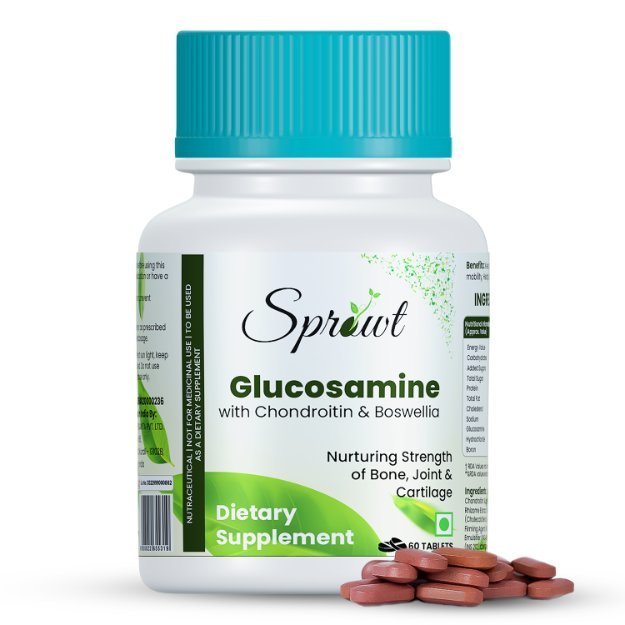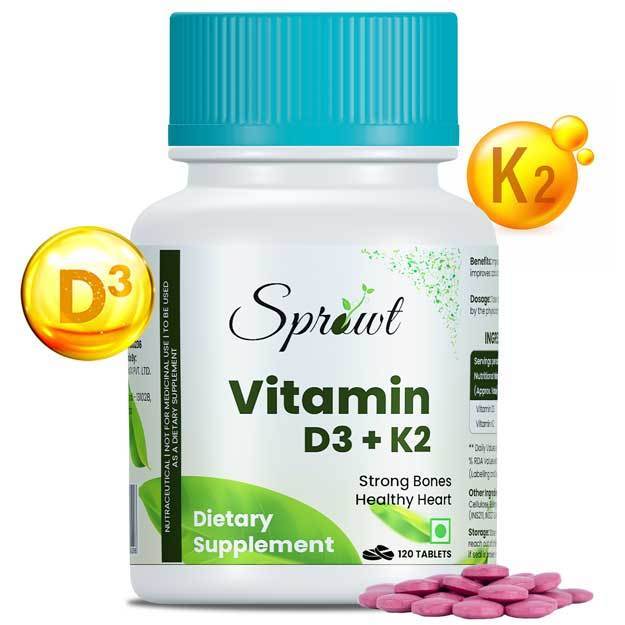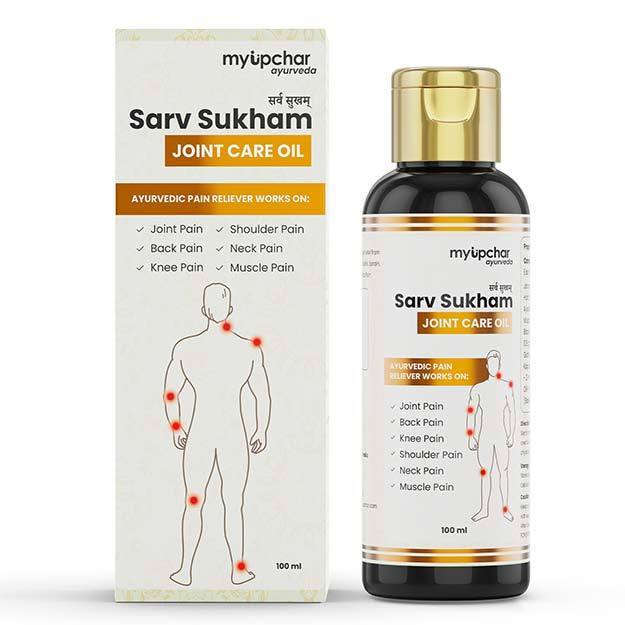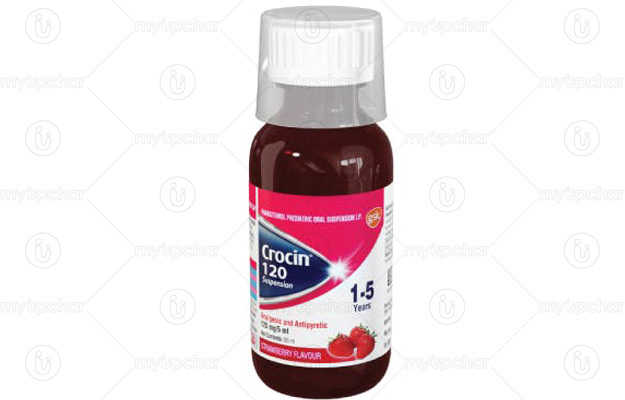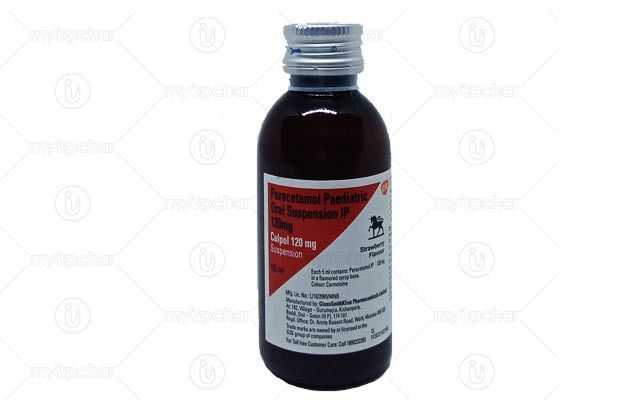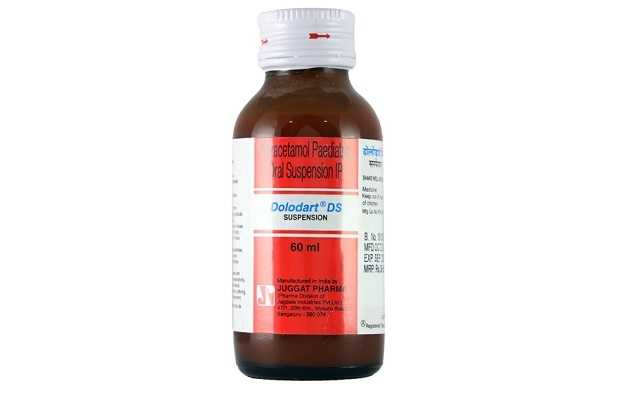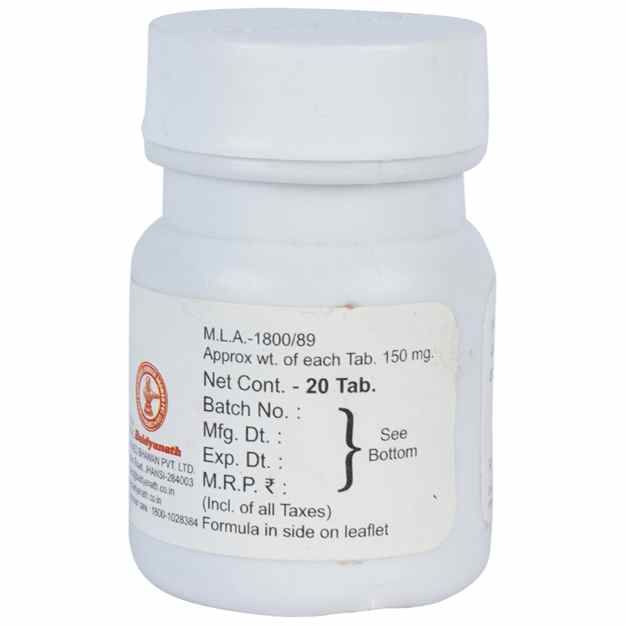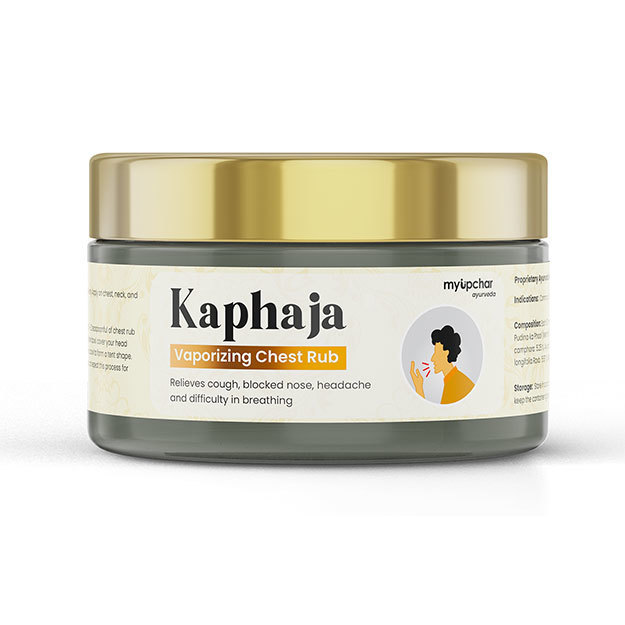Tynol is a commercial drug that is prescribed in the form of Suspension, Tablet. Primarily, it is used for the treatment of Fever, Headache, Pain. Tynol also has some secondary and off-label uses. These are listed below.
The correct dosage of Tynol depends on the patient's age, gender, and medical history. Individual symptoms and route of administration also determines the right dosage. Refer to the dosage section for a detailed discussion.
While these are the most often observed Tynol side effects, there are can be others also. These have been listed below. These side effects of Tynol are usually temporary and subside with the completion of treatment. Consult your doctor if these side effects become worse or stay for a longer duration.
It is also important to note that Tynol has a Safe effect for pregnant women and Safe effect on lactating mothers. In addition, Tynol's effects on the liver, heart and kidney are discussed below in the Tynol related warnings section.
Tynol is contraindicated in people with pre-existing medical conditions like Kidney Disease, Liver Disease, Drug Allergies as it can result in adverse effects. Other conditions have been mentioned below in the Tynol contraindications section.
Drug reaction of Tynol with other medicines has been reported. A complete list of these interactions is given below.
In addition to these precautions, you may also note that Tynol is safe while driving, and is is addictive in nature.
X











